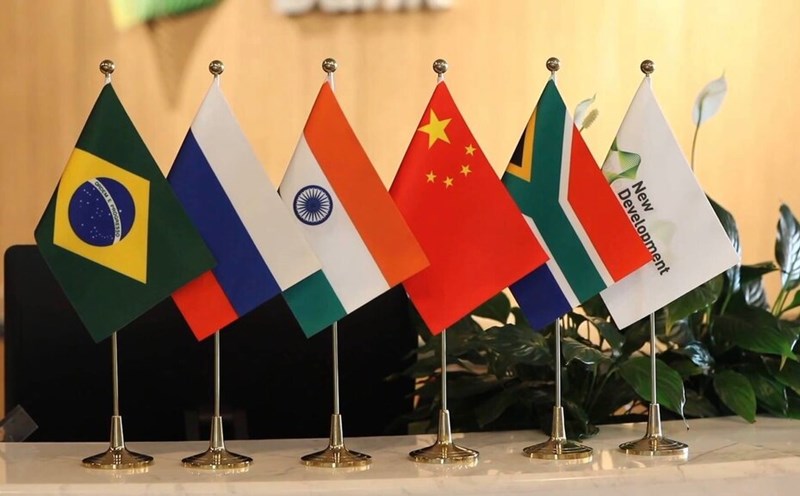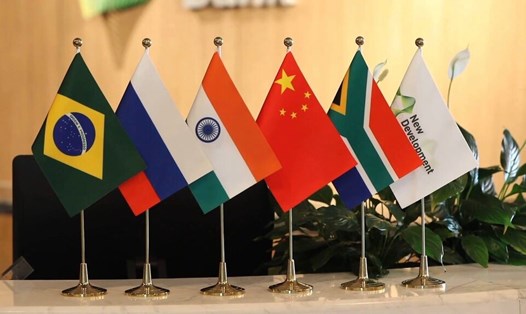RT quoted Mr. Yury Ushakov, Assistant to Russian President Vladimir Putin, as saying that this East African country is one of nine countries that have confirmed their readiness to become BRICS partners.
Previously, in November last year, US President Joe Biden removed Uganda, along with the Central African Republic, Gabon and Niger, from the US's flagship trade program for Africa, called the African Growth and Opportunities Act (AGOA). The reason given was due to "serious violations" of the program's participation requirements.
Uganda has exported a wide range of goods, including coffee and textiles, to the US under the program since AGOA came into effect in 2000. AGOA allows eligible sub-Sahra African countries to gain duty-free access to the US market.
The BSRICS partner country category was established at the BRICS summit in October 2024 in Kazan, Russia, to create an alternative to full membership, after more than 30 countries applied to join BRICS.
Partners can participate regularly in special sessions at BRICS summits, ministerial meetings and other high-level events. They can also contribute to the group's documents.
One of the important results of the Kazan summit was the establishment of the BRICS partner country category and a list of 13 invited countries. Official invitations have been sent to these countries, Ushakov said at the press conference.
Up to now, there has been confirmation from Belarus, Bolivia, Indonesia, Kazakhstan, Cuba, Malaysia, Thailand, Uganda and Uzbekistan, Ushakov said, adding that it is still waiting for confirmation from four other countries.
BRICS, which originally included Brazil, Russia, India, China and South Africa, expanded earlier this year to include Egypt, Iran, Ethiopia and the United Arab Emirates (UAE).
Several African countries have expressed interest in joining BRICS in recent years, seeking partnerships beyond the traditional West to diversify trade and economic relations.
Nigeria has recently asked South Africa to support its application to join BRICS, while Zimbabwe and Algeria are also pursuing membership.
Ms. patri patricio Kishemeire, ambassador of the BRICS International Urban Cooperation Forum in Uganda, said in an analysis in October that BRICS offers new financing options, such as the New Development Bank, supporting public projects through fair lending and equal participation.
She also stressed that Uganda's cooperation with BRICS will help diversify the country's export options, which rely heavily on agricultural products such as coffee and tea.
Through trade with BRICS, African countries can reduce their dependence on the US dollar and ease the burden of debt and sanctions, Kishemeire said.











